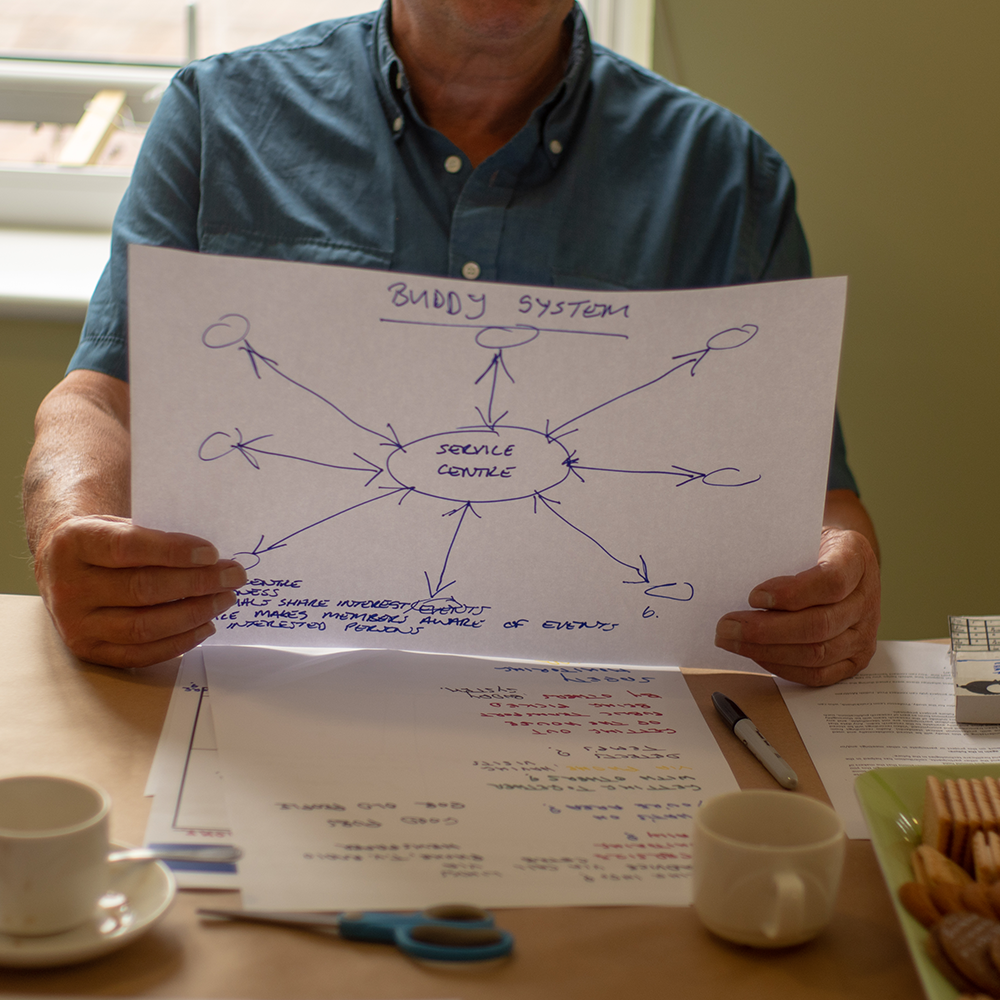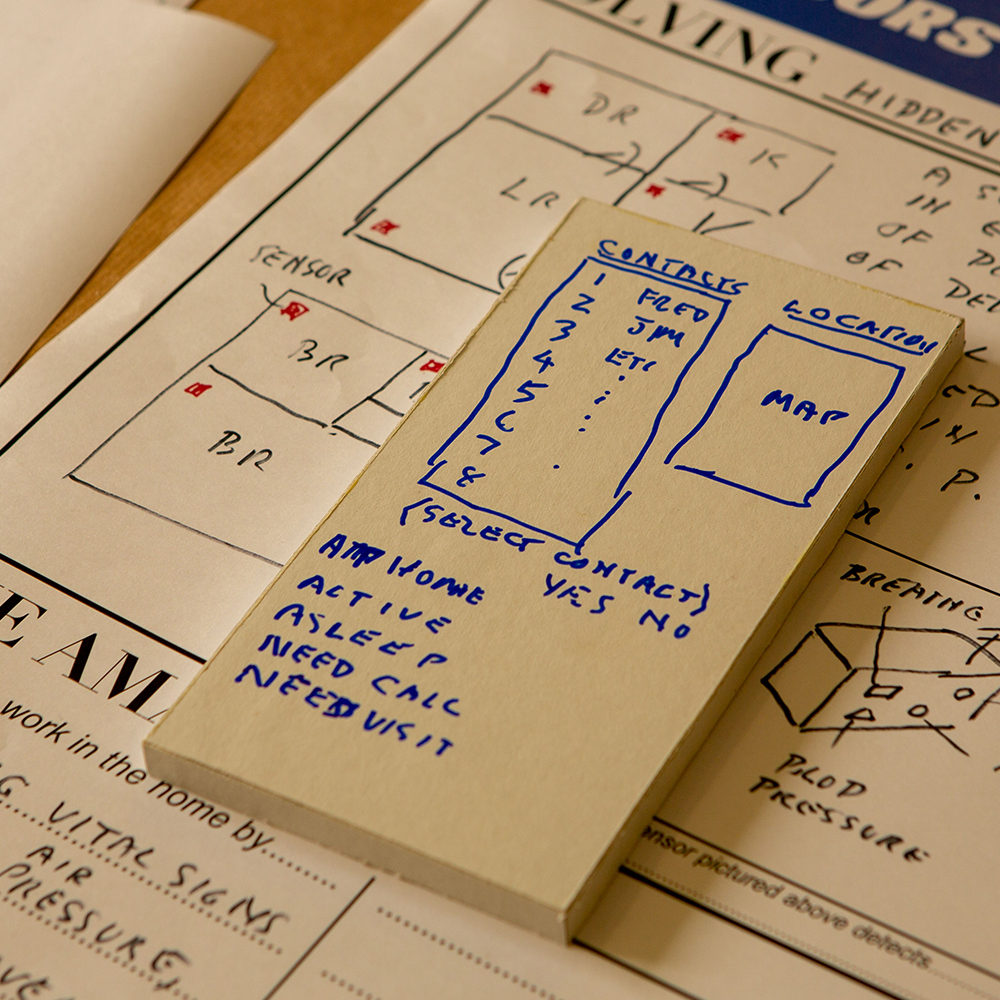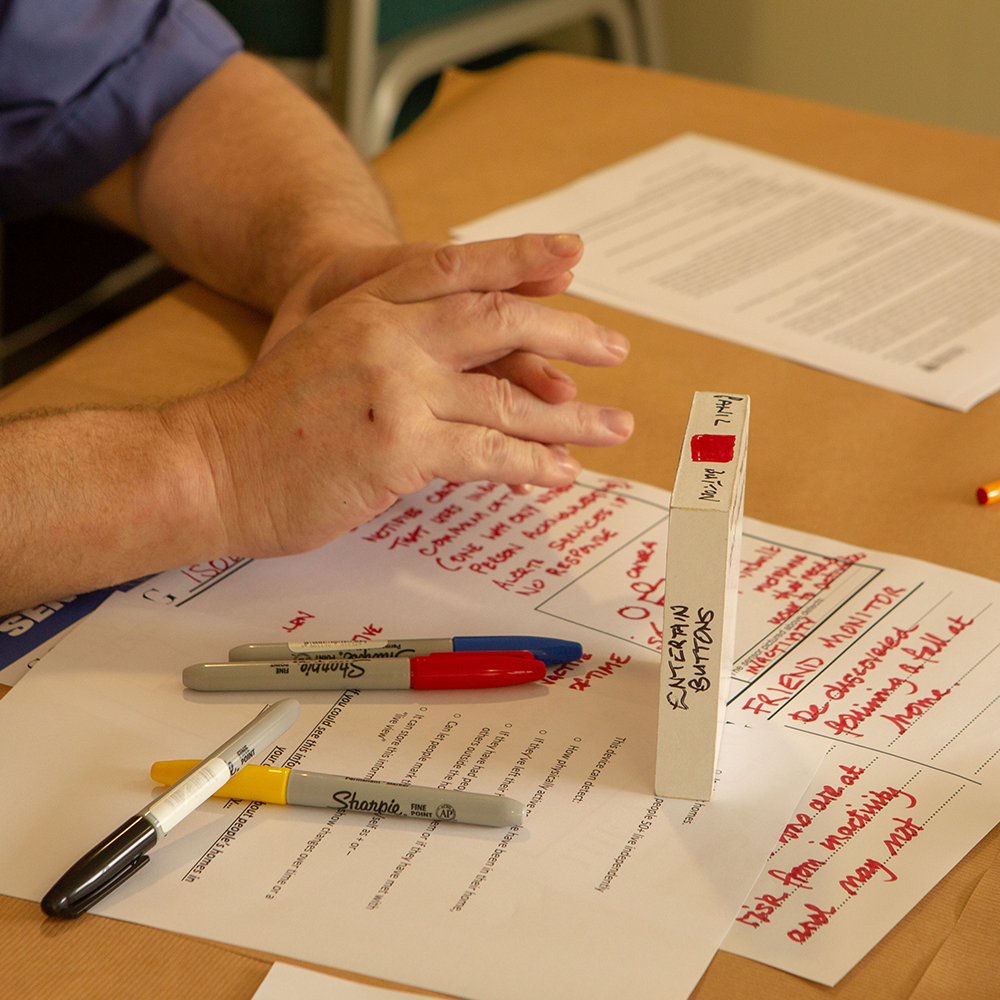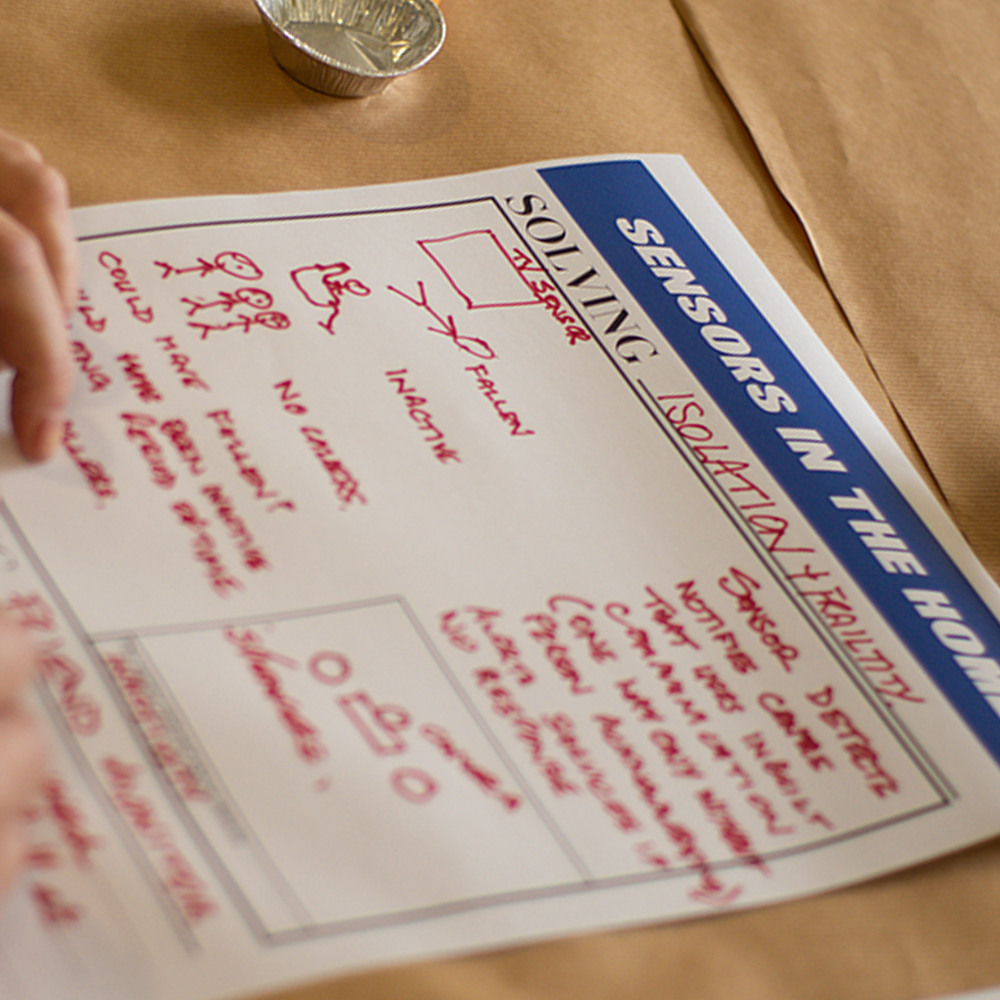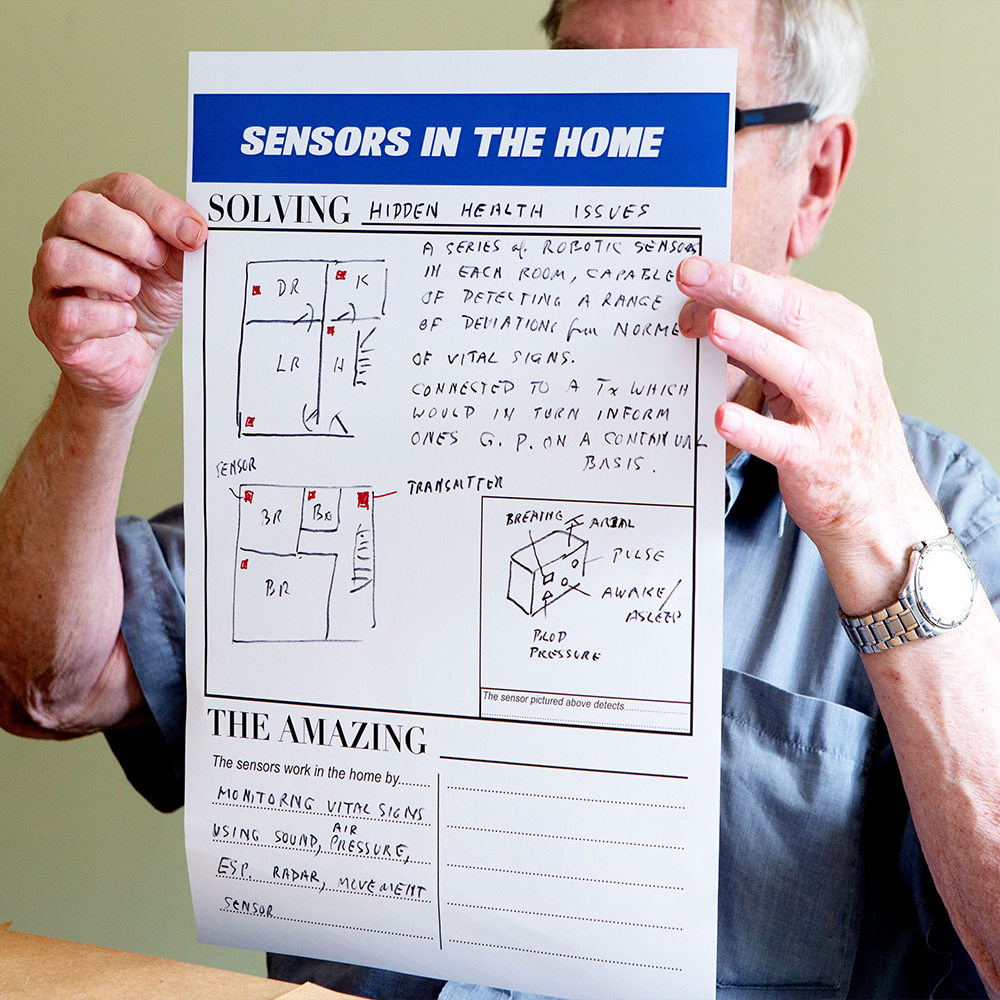While still relatively new, “smart” internet connected healthcare technologies have seen significant development and effort, seeking to reduce the cost of healthcare and improve service delivery. These devices are characterised as physical objects of some sensing capability connected to a network; integrating physical world information into digital systems. The data gathered can then be used to improve efficiency, reduce human workload (through automation) and so cost; and improve understanding of the environments and lives the devices are embedded in. Sensors for Health and Wellbeing project was performed alongside a pilot study steered by Blackburn with Darwen County Council examining potential for simple low-cost internet connected sensors (detecting temperature, humidity, and movement) to improve the wellbeing of persons aged 50+ living in single occupancy homes.
To understand the acceptance and potential impact of low-cost internet-connected sensor technologies in the home; Sensors for Health and Wellbeing conducted ‘one-to-one’ interviews with 9 people aged 50+ (5 male, 4 female; 65 – 83 years old, average age: 74). Interview questions covered several topics such a ‘life in the home’, ‘health and fitness’, ‘tracking health’, and ‘feelings toward sensor technologies in the home’. These interviews revealed insights to the lives of people aged 50+ living in single occupancy homes, highlighting some of the challenges to healthy living and keeping active that they faced on a daily basis.
- “Trouble with [3rd sector services] they’re trying to help people from 50’s to 90’s which is trying to help teenagers to 50’s and providing the same facilities, obviously teenagers don’t want what 50 year olds do. [3rd sector service] needs to be breaking down and helping 50s and 60s and the 70s, 80s, 90s, we want the same things but we just can’t do them. […] they do walks, which I would have loved ten / fifteen years ago but they’re no good to me now”
- “… I didn’t want people to think, because I couldn’t keep up with them, so that’s the reason I stopped going on walking groups. […] I’m still scared I am going to fall, I don’t want to fall again”
Challenges individuals faced in healthy living were not solely around their physical health; mental health also played a significant role in how well they felt with social isolation greatly impacting this.
- “A perfect day? I’m not-… More of a social life I would think; I don’t know very many people. My social life is very limited. […] I don’t tend to see anyone; apart from shop assistants. So my Ideal day would be, having more human contact. I can’t remember the last time anybody was in my house.”
While participants described many challenges they faced they also told of the positives in their healthy living.
- “Yeah! I feel, this time, this last month I felt really really well. But it’s as much physical as it is mental. I feel a lot happier, it cant be better than it is now. So its good. Good good.”
- “I had a quadruple by-pass; […]. It made a huge difference to me; more than anything else in my life. […] But it’s the best thing that ever happened to me. Because […] I was going downhill before that”
The findings of these one-to-one interviews was drawn upon to inform the design of a follow-up co-design workshop with the same participants. This workshop aimed to understand how low-cost sensor devices might be reimagined to promote better wellbeing for the people whose homes they are in. To gain this understanding 3 creative tasks were set for the participants to complete; The Newspaper of Tomorrow, Prototyping the future, and, Combining Ideation.

